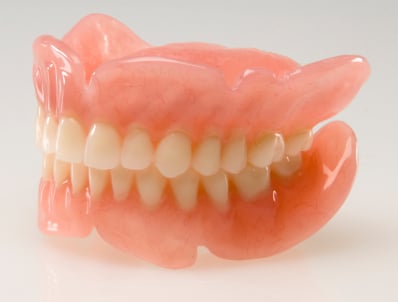
The medical term halitosis refers to a chronic condition of bad breath. It is something that mints and other types of breath fresheners are not effective against. It is not like the bad breath that results from eating a burger loaded with onions.
Instead, it is something that lingers for a longer period of time and is often a sign of a serious problem. What many do not realize is there is also something known as denture halitosis. It is another condition people need to learn about.
The Basics of Denture Halitosis
Whether you want to admit it or not, the mouth is full of bacteria and debris. Even if you brush and floss regularly, the bacteria and debris are still there. The bacteria and debris accumulate on natural teeth.
They can also accumulate in the same way on dentures. While the bacteria sit on the teeth, they produce sulfur compounds. These compounds are not predictable and can cause the bad breath and the condition known as halitosis or denture halitosis.
Fixing the Problem
It is not enough to know what denture halitosis is. It is also a good idea to learn what to do about it. There are several steps to take that can reduce the bad breath that comes from denture halitosis.
- Keep the dentures clean – If denture halitosis is the result of bacteria and debris, then one solution is to remove the bacteria and debris. A good brushing and soaking the dentures overnight is one way to clean them better
- Drink more water – Drinking water does many good things for the body. It can also wash away the debris on the dentures that help lead to denture halitosis. It also helps prevent dry mouth that can lead to more bacterial growth.
- Ditch the dentures – A drastic solution is to replace the dentures with something more permanent such as dental implants. This can stop the denture halitosis, but it does not mean that you can stop cleaning your teeth and gums. You could still risk dealing with halitosis, even when you find a permanent replacement for your dentures.
You do not have to accept the fate of denture halitosis. There are ways to manage it. For more information about what you can do, contact the dental professionals at our offices to schedule an appointment.
